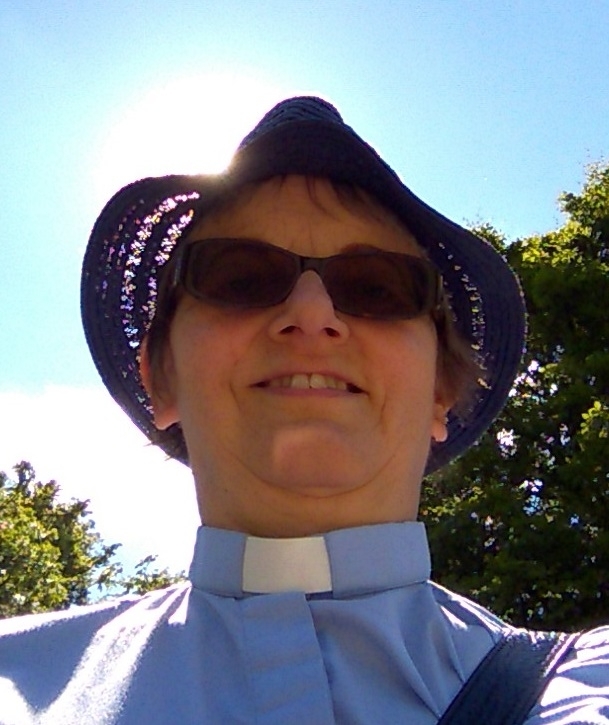I am very grateful for the NHS, in all its guises and with all its limitations.
I could reel off a long list of places (and indeed elsewhere have done so) but it's really about people...
In no particular order...
The porter who grabbed a box of tissues for me so that I oculd blow my nose when I had a post chemo chest infection and needed an urgent chest X-ray.
The specialist nurse who literally held my hand as core biopsies were taken.
The health care assistant who kept watch over my mum when her UTI and failing health resulted in her wandering and falling, if not constantly observed.
The lady (she was quite old and ladylike!) in the WRVS cafe who served me tea in a china cup
The paramedic who saw me still sitting in the A&E waiting room after a couple of hours and made time to ask how my dad was.
The consultant who said 'can we get those fluids ... now would be good' when I had a life threatening adverse drug reaction.
The anaesthetist who, when I told her I was scared, said, 'of course you are, I would be...'
The night nurse who told me, necessarily over the phone, of my mother's death, taking time to ensure I knew what had happened and what had been done.
My family and I have been very blessed - we have received the very best of NHS England and NHS Scotland. Never have we been stuck in A&E, never have we been denied or unable to access the best, and even, in the case of both parents, pioneering, treatments. By chance or serendipity or somesuch we have always lived close to some of the nation's/nations' top hospitals and had access to expertise not available elsewhere.
The NHS is a wonderful thing, it really is. It's not perfect. The postcode lotteries that have served my family well continue to disadvantage others. What makes sense in one nation may not be viable in another due to geography, demography and size - comparisons are not always helpful or meaningful. If we could take a moment and simply recognise how blessed we are - wherever we live in these islands - to have the NHS, and to commit ourselves to supporting its flourishing in all places, then that would be a good way of marking #NHS70.


